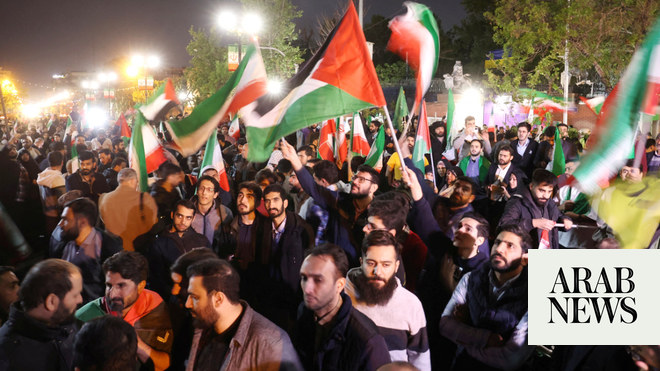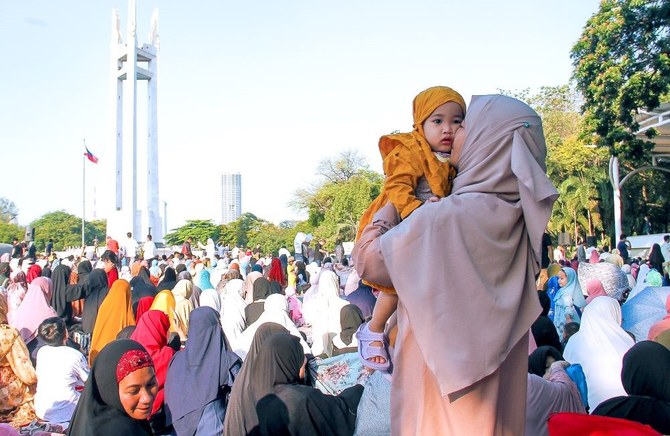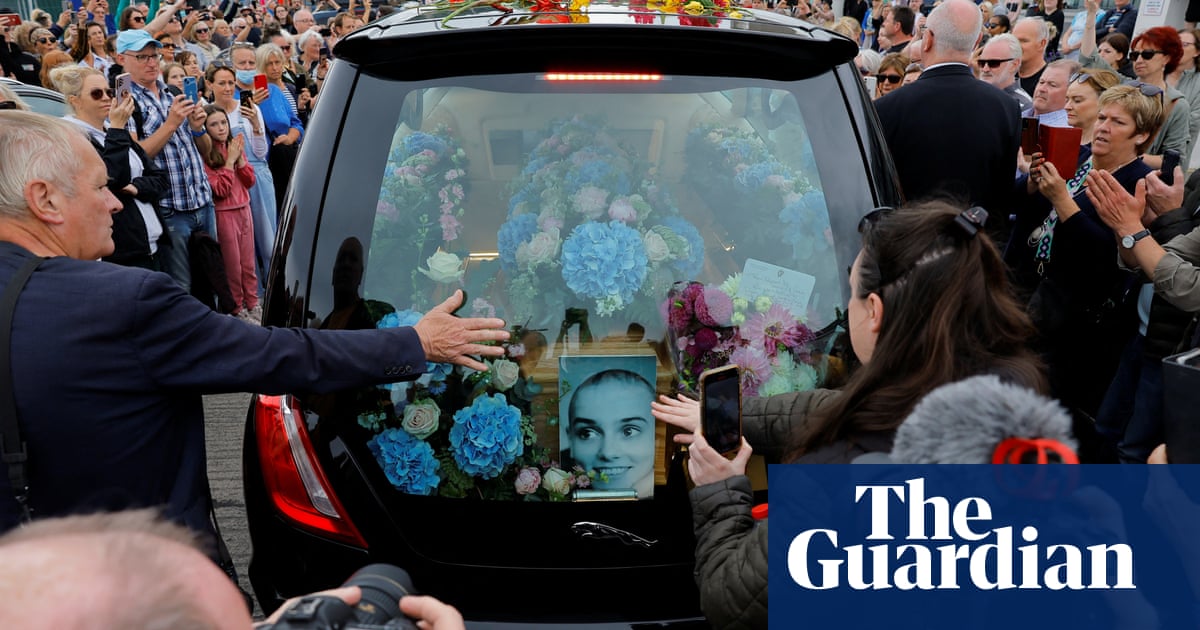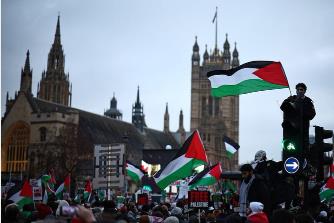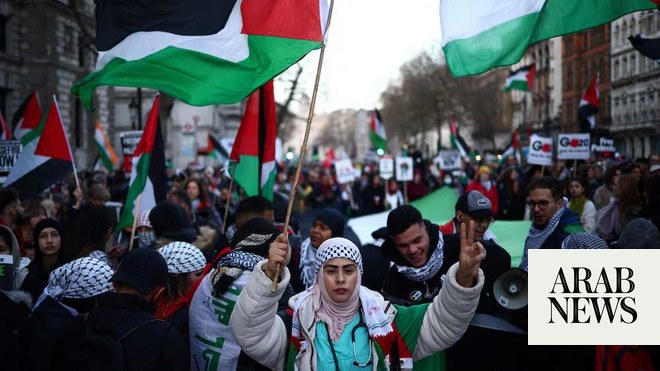
GAZA CITY: Thousands of people marched through the streets on Saturday for the funerals of 16 Palestinians killed by Israel, which vowed to strongly counter protests planned for the next six weeks.
Israeli troops fired warning shots toward Palestinian youths gathered at the Gaza-Israel border on Saturday, wounding 13 people, health officials said.
Tensions remained high as the Palestinian government called a national day of mourning, institutions and universities were closed, and a general strike was called in Gaza and the West Bank.
One of the biggest Palestinian demonstrations in years took place on Friday, with Israeli forces confronting protesters who gathered in their tens of thousands along the 40-mile Gaza-Israeli frontier. The Israeli military estimate was 30,000 people.
Tents have been erected at the fenced border for planned protests scheduled to culminate on May 15, when the state of Israel was created in what Palestinians call the Nakba, or Catastrophe.
The planned protests, called the Great March of Return, is backed by Hamas and other Palestinian factions, including the Fatah faction of Mahmoud Abbas, the Palestinian president.
The UN Security Council was briefed on the violence in Gaza on Friday at the request of Kuwait. Antonio Guterres, UN secretary-general, called for an independent, transparent investigation and appealed “to those concerned to refrain from any act that could lead to further casualties, and in particular any measures that could place civilians in harm"s way,” his spokesman said in a statement.
In the northern town of Beit Lahiya, the Sabbagh family prepared to bury 20-year-old Bader, who was shot dead by Israeli troops. His family set up a tent outside their house on the main street in Beit Lahia, north of the Gaza Strip, to receive relatives and neighbors.
Bader was the youngest boy in his family and worked at a blacksmith"s workshop but he had not been paid that week, said Mohammed, his brother, who was standing next to him when he was killed.
“The soldiers were lining up behind the fence. There were many young men standing in front of us, and there were others behind us. Suddenly I heard the sound of gunfire and we started running away and I saw my brother falling down,” Mohammed told Arab News.
“At about 3:30 p.m., he came to ask me for a cigarette. He complained about the bad situation and that he did not have any money. He said: ‘I do not want this life.’ I gave him a cigarette and a few seconds later, the bullet came to kill him.”
Mohammed Al-Awawdeh, 21, said he took part in Friday’s protests and will continue to do so in the coming days “to achieve the demands to lift the siege and restore the land,” he said
“I will come daily with my friends and I will continue daily with my friends here. We will make the occupation hate the day they came to our land. They have to leave here.”
Hamas announced that five of those killed on Friday were from the military wing of the Qassam Brigades.
A statement issued by the Al-Qassam Brigades said: “As usual, the criminal occupier has lost the blood of our people and attacked their peaceful, popular marches with barbarity. He targeted the unarmed civilians with live bullets.”
Brig.-General Ronen Manelis, Israeli military spokesman, said Hamas was using the protests as a guise to launch attacks against Israel and ignite the area. He said violence would likely continue along the border until May 15.
“We won’t let this turn into a ping-pong zone where they perpetrate a terrorist act and we respond with pinpoint action. If this continues we will have no choice but to respond inside the Gaza Strip,” Manelis told reporters.





